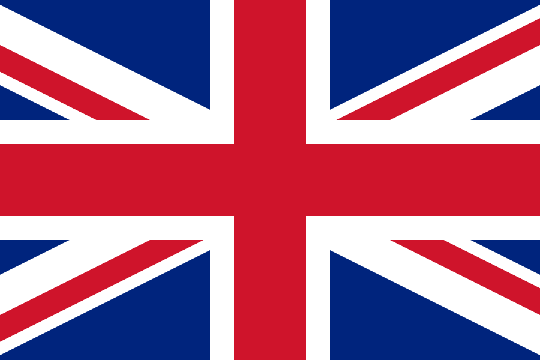 Image Processing and Visualisation with LithoGraphX
Image Processing and Visualisation with LithoGraphX
Date: 4 - 5 August 2016
LithoGraphX is a software to visualize, process and analyse 3D images and meshes.
On the first day of this course, we will demonstrate how to use LithoGraphX to visualize, clean and process 2D and 3D images. We will cover: (i) how to extract cell shape from 2D or 3D images by marking the cell wall or membrane, (ii) how to extract key morphological features and (iii) how to use these features to build a cell classifier. The first day is intended for biologists and computer scientists interested in using LithoGraphX.
On the second day, we will see how to write and distribute extensions to LithoGraphX. To this purpose, we will learn more about the internals of LithoGraphX and its API both in C++ and Python. The second day is intended for computer scientists wanting either to write their own algorithm or automate complex protocols.
Participants can choose to register for both days or for individual days, depending on their interest and background knowledge.
The timetable for this event can be found here.
This course is organized in collaboration with Dr Susana Sauret-Gueto from the OpenPlant Lab of the Department of Plant Sciences of the University of Cambridge.
Please note that if you are not eligible for a University of Cambridge Raven account you will need to Book or register Interest by linking here.''
Keywords: HDRUK
Venue: Craik-Marshall Building
City: Cambridge
Country: United Kingdom
Postcode: CB2 3AR
Organizer: University of Cambridge
Host institutions: University of Cambridge Bioinformatics Training
Target audience: Day1 is intended for biologists and computer scientists interested in using LithoGraphX. Some experience in imaging is desirable but not required., Day2 is intended for computer scientists wanting either to write their own algorithm or automate complex protocols. Basic python knowledge and familiar with C++ are required., Graduate students, Postdocs and Staff members from the University of Cambridge, Institutions and other external Institutions or individuals
Event types:
- Workshops and courses
Scientific topics: Bioinformatics, Bioimaging, Data visualisation
Activity log

 United Kingdom
United Kingdom
